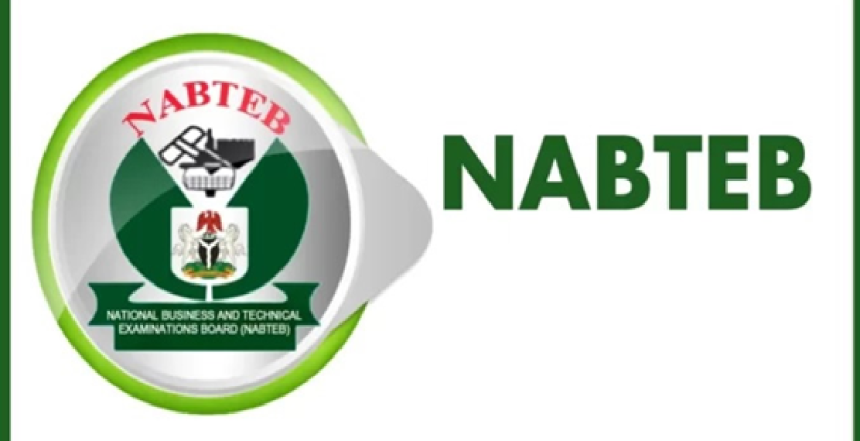The National Business and Technical Examinations Board (NABTEB) has begun reviewing and validating 26 trade syllabi for technical colleges across Nigeria in a bid to reposition technical and vocational education for global competitiveness.
The five-day exercise, which commenced Monday, September 8, in Abuja, seeks to align curricula with labour market demands, emerging industries, and sustainable development goals.
NABTEB registrar, Dr. Mohammed Mohammed, described the initiative as transformative. “This comprehensive selection reflects our understanding that Nigeria’s economic future depends on a skilled workforce capable of operating across traditional and emerging sectors. The inclusion of environmentally conscious programmes such as Solar PV installations and Smart Agriculture demonstrates our commitment to sustainable development,” he said.
The revised trade areas span robotics, coding and machine learning, automotive mechatronics, smart agriculture, electrical and solar PV installations, cinematography, alongside traditional crafts like welding, carpentry, and fashion design.
Mohammed commended the collaboration with the National Board for Technical Education (NBTE), calling it a model for inter-agency cooperation, and acknowledged industry stakeholders’ role in shaping the review. He pledged training for educators, new assessment tools, and strict quality assurance in implementation.
Prof. Idris Bugaje, Executive Secretary of NBTE, represented by Hajia Hajara Abdulkadri, stressed that effective rollout of the revised syllabi was critical. “This is an important step toward empowering Nigerian youths with the skills required to thrive in a rapidly changing economy,” he said.
Dr. Muyibat Olodu, Director of Technology and Science Education at the Federal Ministry of Education, represented by Mr. Kola Osundeyi, said the review would raise the quality of technical education in line with industry expectations and global standards.
The exercise follows the federal government’s May 2024 move to update technical college syllabi for the first time in 14 years, adding 14 new subjects. That review has now expanded to 26 areas, with emphasis on future-focused disciplines.
Demand for Technical and Vocational Education and Training (TVET) programmes has surged, with entrance exam applicants rising from 7,547 in 2024 to 30,000 in 2025. The three-year TVET programme leads to dual certification: the National Technical or Business Certificate (NTC/NBC) and the competency-based National Skills Qualification (NSQ).
NABTEB’s Mohammed attributed the increase to government incentives, but noted that performance gaps remain. Out of 30,000 candidates, only 9,389 passed—representing 39 per cent—with just 316 students, or 1.31 per cent, scoring 70 percent and above.




